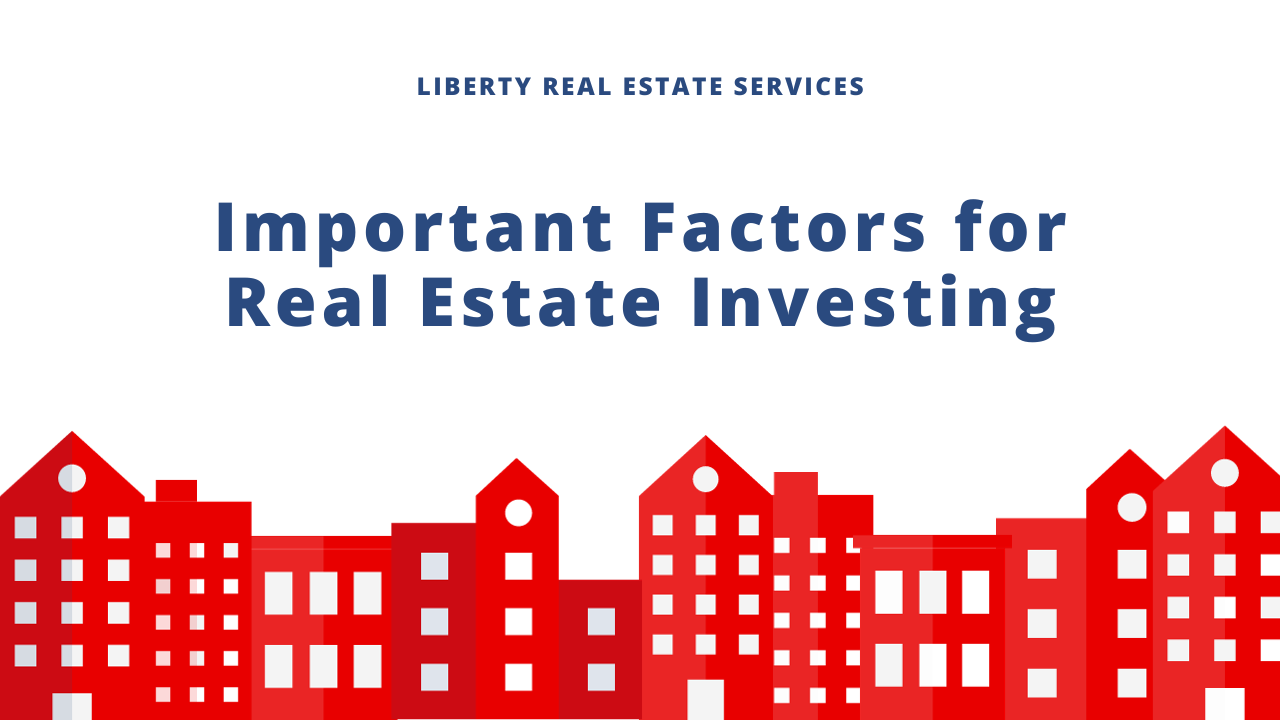
Real estate investment is a lucrative venture that can provide landlords with a steady income stream and long-term financial security. However, achieving success in real estate requires careful consideration of various factors. In this article, we will delve into the crucial elements that landlords should prioritize to ensure profitable and sustainable real estate investments.
Location
The geographical positioning of a property plays a pivotal role in its success. A prime location ensures a steady stream of potential tenants, higher property values, and increased demand. Proximity to amenities such as major attractions, public transportation, and shopping centers can greatly influence a property's attractiveness.
Landlords should conduct thorough research on the neighborhoods where they intend to invest. Analyzing historical and projected property values, crime rates, and amenities in the area is essential. Understanding the local market demand and supply dynamics can help landlords make informed decisions about the viability of a particular location.
Market Analysis
Staying informed about market trends is crucial for landlords to navigate the ever-changing real estate landscape successfully. Market analysis helps in identifying opportunities, and potential risks, and adjusting strategies accordingly.
Factors such as economic indicators, interest rates, and demand-supply dynamics can significantly impact the performance of real estate investments. Landlords should regularly conduct market analyses to stay up to date on current trends.

This includes studying property values, rental rates, and market demand. A deep understanding of these factors enables landlords to adjust their investment strategies, set competitive rental rates, and capitalize on emerging opportunities.
Property Condition and Maintenance
The condition of a property directly influences its market value, tenant satisfaction, and overall return on investment. Well-maintained properties not only attract quality tenants but also contribute to long-term value appreciation. Regular maintenance is a proactive approach that prevents minor issues from escalating into costly problems.
Landlords should prioritize routine property inspections and address maintenance issues promptly. Building a network of reliable contractors is essential for ensuring timely and cost-effective repairs. By maintaining properties in optimal condition, landlords can minimize vacancy rates, retain tenants, and enhance the overall value of their real estate portfolio.
Financing and Budgeting
Real estate investments often involve significant financial commitments, and understanding the financial landscape is crucial for long-term success. Proper financing and budgeting help landlords navigate mortgage terms, interest rates, and other associated costs, ensuring financial stability throughout the investment journey.
Landlords should carefully evaluate financing options, considering factors such as interest rates, loan terms, and potential hidden costs.

Creating a realistic budget that accounts for mortgage payments, property taxes, insurance, and maintenance costs is essential. A well-thought-out financial strategy ensures landlords can weather economic fluctuations and make informed decisions about their investments.
Legal Compliance and Documentation
Real estate transactions are subject to a myriad of legal requirements and regulations. Landlords must be well-versed in local landlord-tenant laws, zoning regulations, and property rights to avoid legal complications that could jeopardize their investments. Proper documentation is crucial for protecting both landlords and tenants.
Landlords should stay updated on local laws and regulations governing real estate transactions. This includes understanding tenant rights, eviction procedures, and fair housing laws. Thorough and accurate documentation, including lease agreements, property disclosures, and tenant screening records, is essential for legal compliance and dispute resolution.
Risk Management and Insurance
Real estate investments inherently carry risks, and landlords need to adopt a proactive approach to manage and mitigate these risks. Comprehensive insurance coverage safeguards against unforeseen events, protecting the investment and providing peace of mind.
Landlords should secure appropriate insurance coverage for their properties. This includes property insurance to protect against damage or loss, liability insurance to cover legal expenses in case of accidents, and additional coverage for specific risks such as natural disasters.

Understanding potential risks and having a solid risk management plan in place ensures landlords are prepared for any challenges that may arise.
Tenant Screening
Selecting reliable tenants is critical for the success of any real estate investment. Quality tenants not only ensure a consistent income stream but also contribute to the overall well-being of the property. Establishing positive tenant relations fosters a healthy and mutually beneficial landlord-tenant relationship.
Landlords should implement a thorough tenant screening process that includes background checks, credit history evaluations, and rental references. Clear communication channels and fair treatment of tenants contribute to tenant satisfaction and long-term occupancy.
By investing time in selecting and maintaining good tenant relationships, landlords can minimize turnover costs and enhance the overall stability of their real estate portfolio.
Investment Objectives and Holding Period
Clearly defining the objectives of the investment and determining the intended holding period is essential for landlords. Different investment objectives, such as maximizing rental income, capital appreciation, or a combination of both, necessitate distinct strategies.
Likewise, the holding period, whether short-term or long-term, influences decision-making regarding property selection, financing, and overall investment strategy. Landlords should assess their financial goals and align them with the specific objectives of the investment.
For those aiming to generate a consistent rental income, properties in high-demand rental markets may be preferable. Alternatively, investors looking for long-term capital appreciation might focus on emerging markets with growth potential.

Understanding the holding period allows landlords to make decisions that align with their financial objectives, whether it involves a shorter-term strategy for quick returns or a longer-term approach for sustained growth.
Bottom Line
Successful real estate investing requires a holistic approach that encompasses various factors. From choosing the right location and understanding market dynamics to maintaining properties, managing finances, and complying with legal requirements, each element plays a crucial role in building a profitable real estate portfolio.
Liberty Real Estate Services offers invaluable support to landlords by providing expertise in property management, market analysis, and legal compliance. By leveraging the services offered by Liberty Real Estate Services, landlords can streamline their operations, minimize risks, and maximize returns on their real estate investments. Contact us today for more information!
